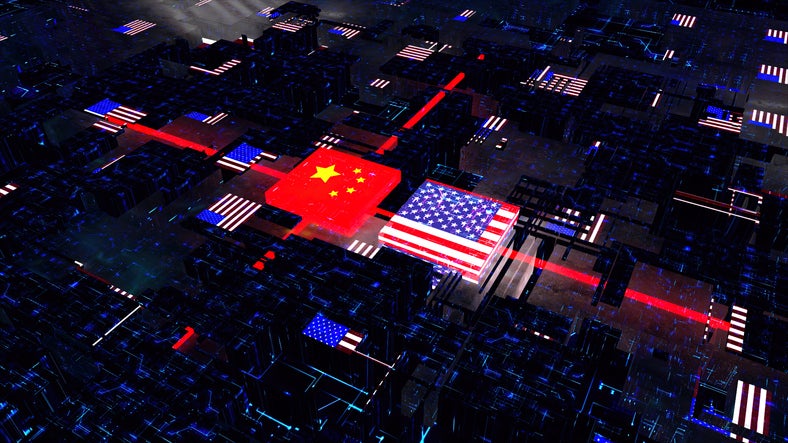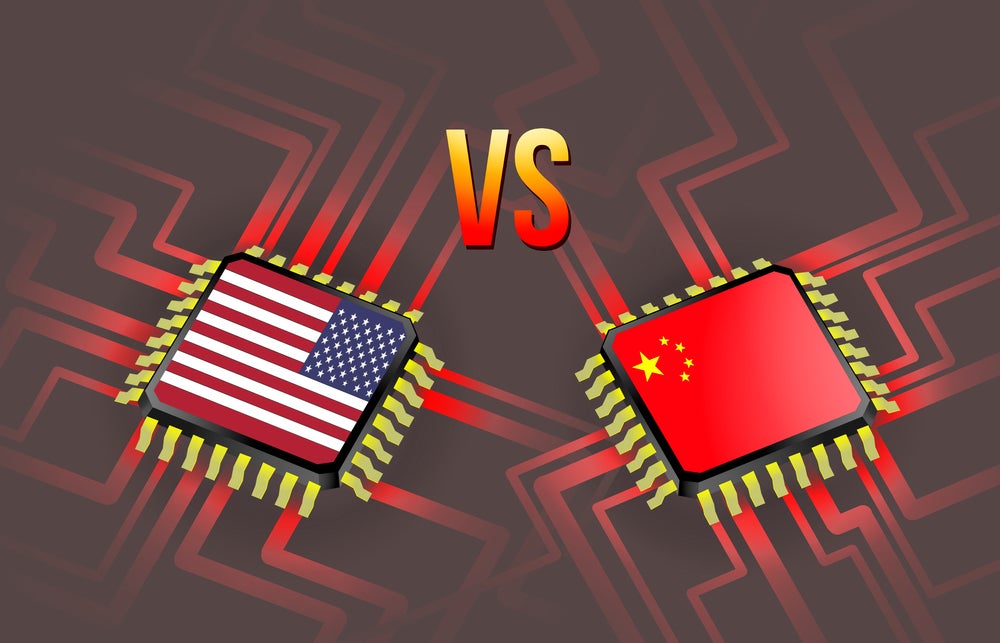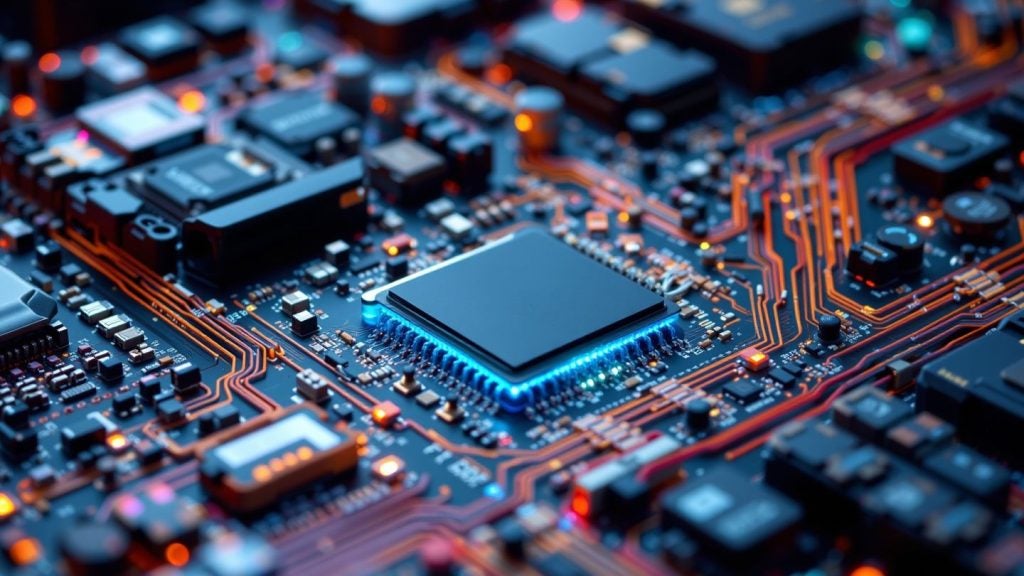
China is going to lose its global leadership in artificial intelligence (AI) if the US continues trade restrictions on AI chips and the tools to manufacture them, an expert has claimed.
The US Commerce Department issued new rules last year which clamped down on the export of certain advanced chips (including those with military or AI applications) to Chinese companies.
“We anticipate that China will lose its current AI market leadership unless it can secure access to advanced manufacturing technology,” Josep Bori, GlobalData thematic research director said in a recent podcast.
The US cracked down on new restrictions prohibiting the sale of advanced chips with both high performance and fast interconnect speed – think of them as a superfast battery for a smart computer.
“This is bound to disrupt the competitive landscape in the adjacent AI software market,” he added, “as the inability to run those algorithms in high-performance hardware will slow down China’s progress.”
For example, it currently takes 15 days for 10,000 advanced NVIDIA V100 Tensor Core GPUs, the most advanced AI chip ever created, to train OpenAI’s smash-hit GPT3 language model.
“Arguably, with no access to these advanced chips, China’s AI researchers will be literally slowed down,” Bori said.
China is currently the leader for most AI research papers published, according to a Nikkei Asia study. Companies like Huawei Technologies, Alibaba Group Holding and Tencent Holdings are in the top ten companies producing AI research, the study reported.
However, Bori added that China could potentially become self-sufficient in manufacturing semiconductors onshore earlier than expected.
“It is anybody’s guess whether an unintended consequence of the US export restrictions will be that China will achieve semiconductor manufacturing self-sufficiency earlier than previously expected,” Bori said.
In addition, AI’s funding landscape is presenting further challenge. Global investment in AI fell significantly in 2022 following an extraordinary peak in 2021.
In 2022, $72bn was invested in the AI sector across 3,507 deals, a decrease from 2021 total of $127bn, across 3,694 deals.
Investment in AI applications and software had been growing steeply over the past decade. In 2013, the value of AI deals totalled around $1bn, rising to $83bn by 2018.







